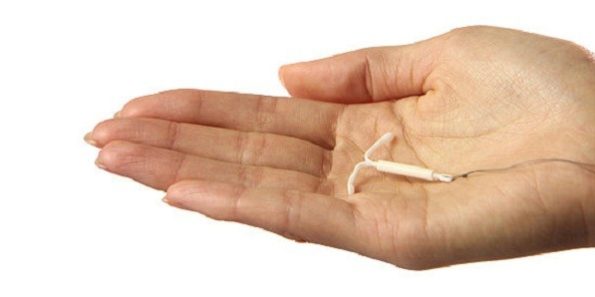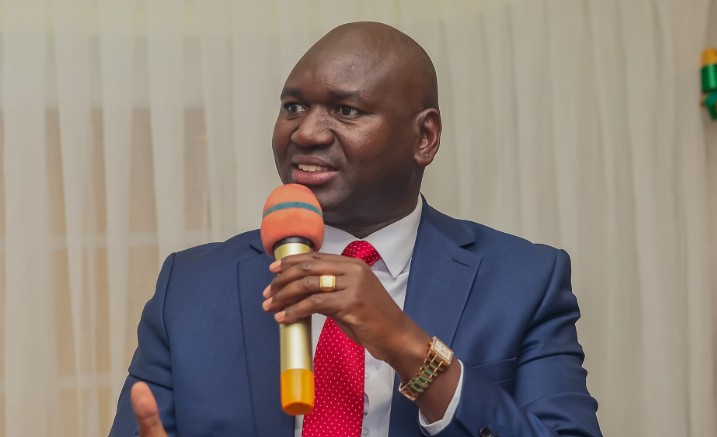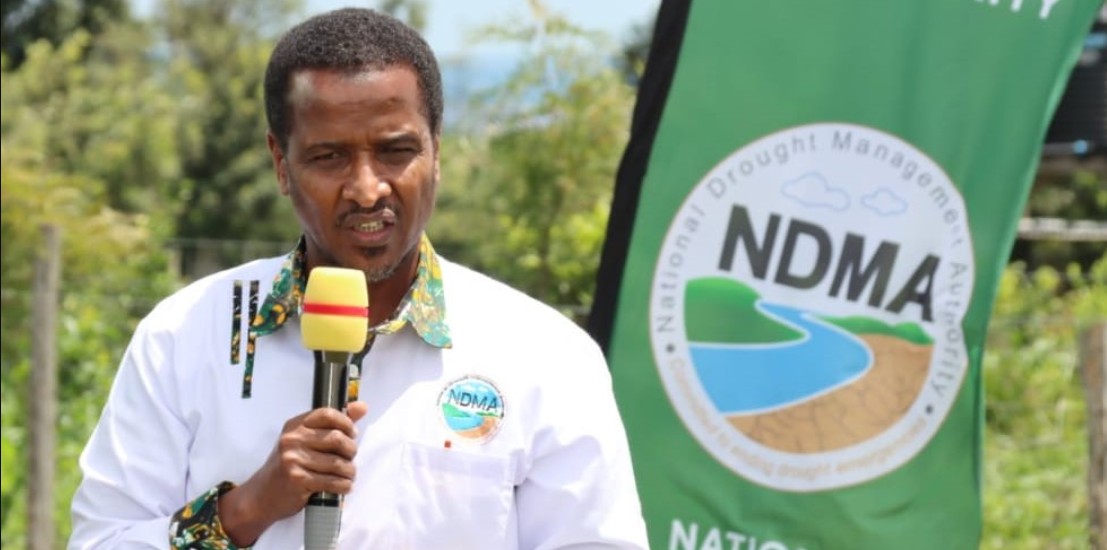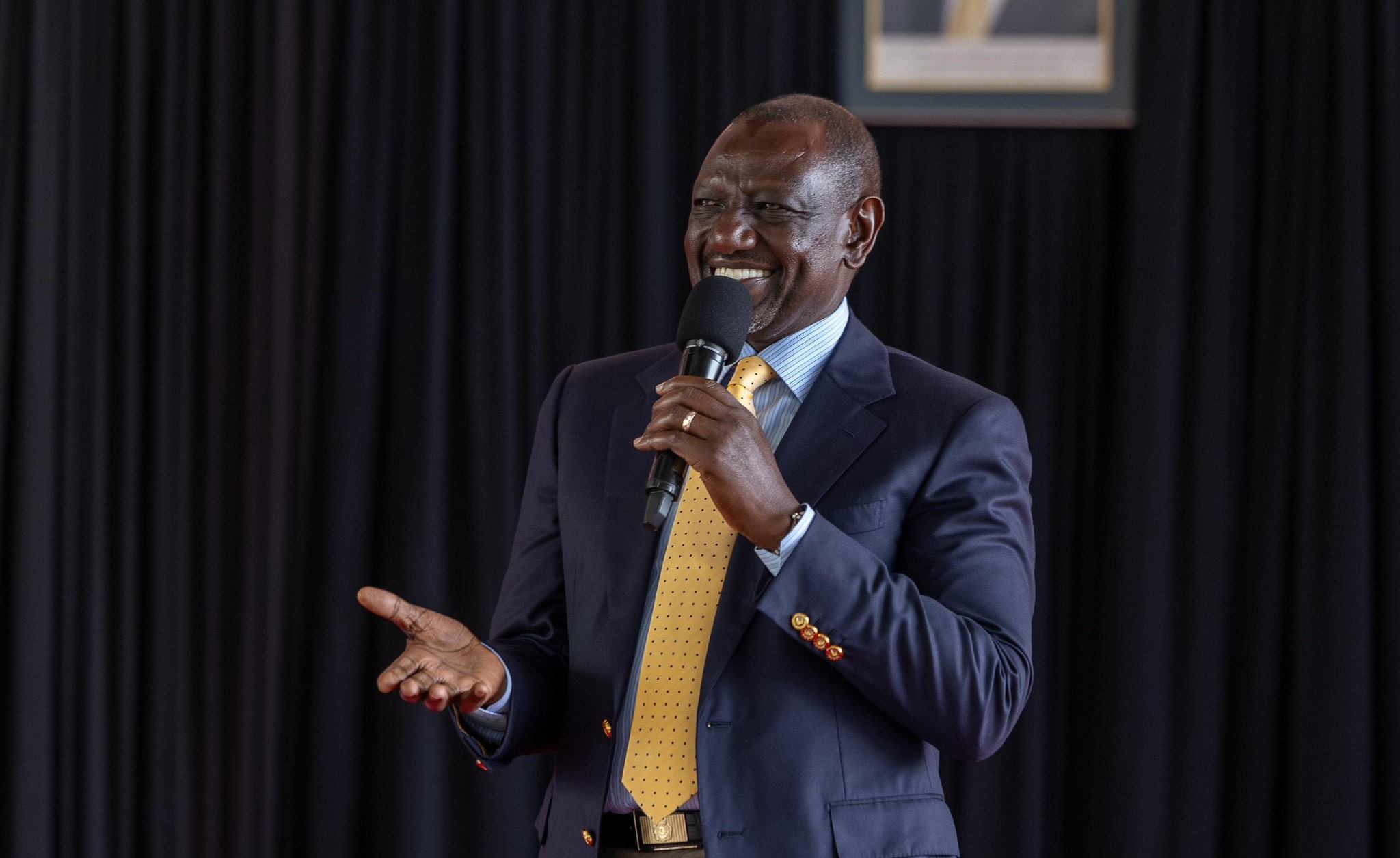KWS launches tech-driven monitoring project to safeguard marine life at the Coast
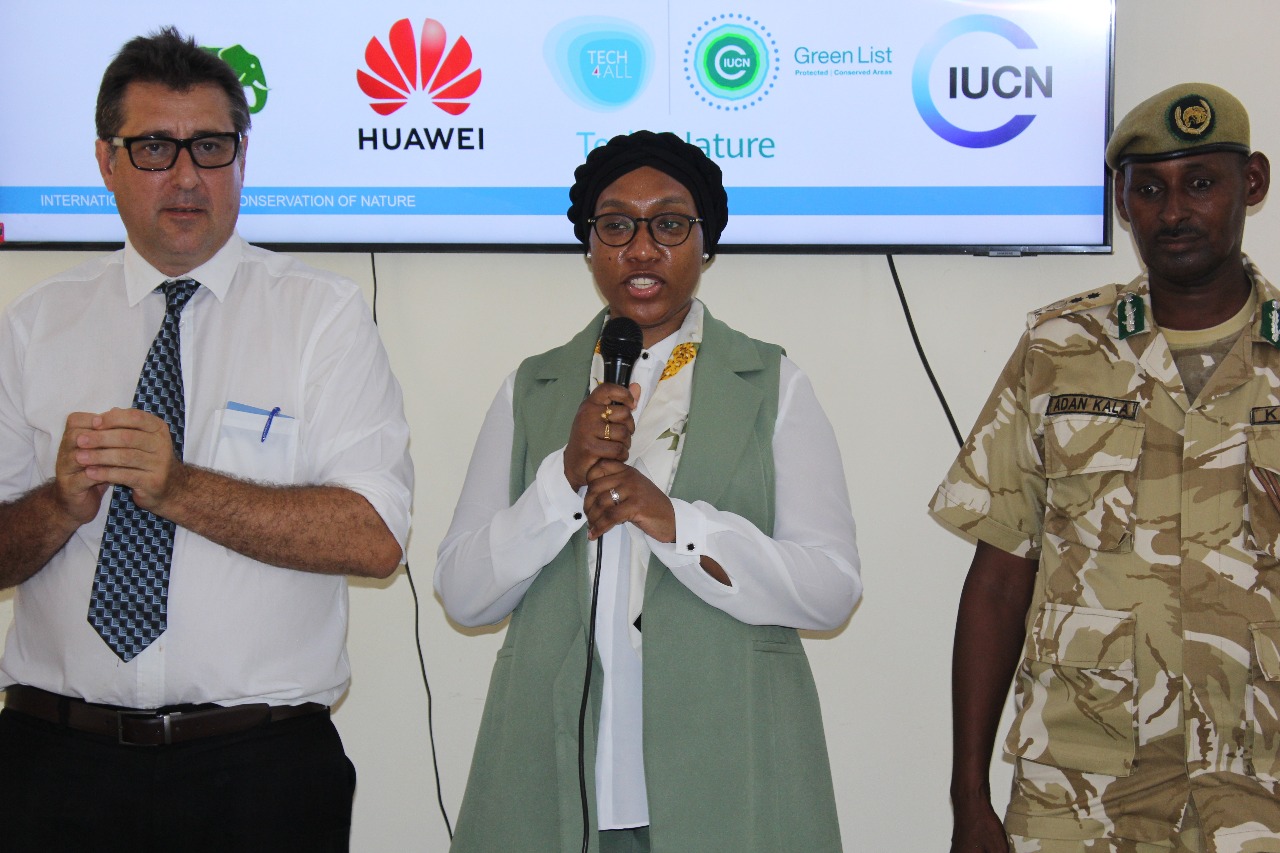
This cutting-edge approach is designed to provide vital data for conservation efforts, ensuring better management of the marine reserve and improved sustainability of the biodiversity it hosts.
The Kenya Wildlife Service (KWS) in collaboration with Huawei-Kenya and the International Union for Conservation of Nature (IUCN), has launched a new monitoring programme aimed at enhancing the protection of marine life at the Coast.
Titled the 'Tech4Nature project', the programme seeks to specifically monitor and protect the coral reefs and biodiversity of the Kisite-Mpunguti Marine Park and Reserve, located on Kenya's southern coastline.
More To Read
- Missing fisherman Brian Odhiambo was last seen "unresponsive" in KWS vehicle, court told
- KWS translocates rhinos from Lewa, Meru parks to Loisaba Conservancy
- Two men detained over Sh10 million rhino horn trafficking syndicate
- KWS receives high-tech patrol boat to boost conservation, security in Lake Turkana
- Kenya, Tanzania step up push for region's first transboundary marine Ramsar site
- Tensions flare as Kwale leaders demand removal of KWS from Diani-Chale Marine Reserve management
Coral reefs refer to some of the most diverse and valuable ecosystems on Earth, providing habitats for millions of species of marine life.
The initiative comes in response to a range of pressing conservation challenges, spanning from illegal fishing practices to inadequate communication infrastructure for effective tech-driven monitoring of the reserve's marine ecosystem.
Other challenges include the lack of remote monitoring of the reserve's three coral islands coupled with pressures created by tourism, and the limited community awareness of the importance of reef and biodiversity protection.
Running for three years, the programme will deploy advanced technologies, including underwater cameras, photogrammetry and audio monitoring systems to track and protect marine life within the park including the biomass and population of parrot fish.
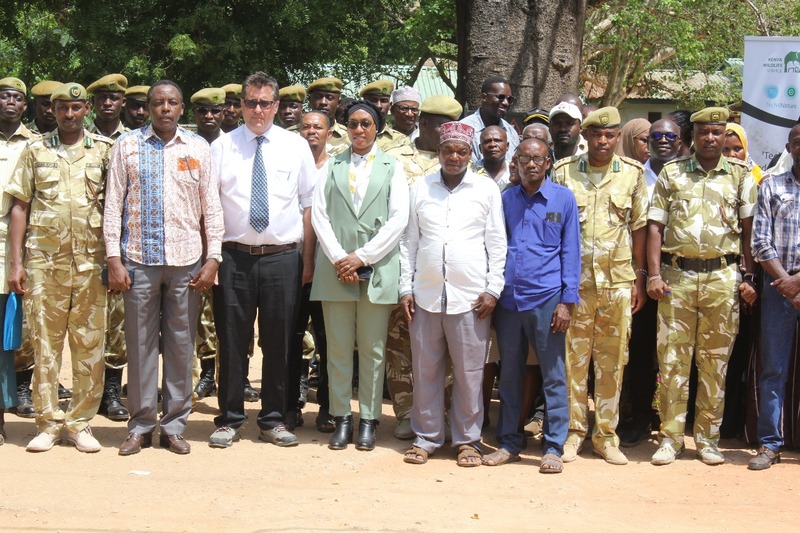 Officials during the launch of a tech-driven monitoring project to safeguard marine life at the Coast. (Photo: KWS)
Officials during the launch of a tech-driven monitoring project to safeguard marine life at the Coast. (Photo: KWS)
The solution will also monitor substrate cover in the reef ecosystems, seagrass cover and the occurrence of green turtles and bottlenose dolphins, which are classified on the IUCN Red List as endangered and vulnerable, respectively.
This cutting-edge approach is designed to provide vital data for conservation efforts, ensuring better management of the marine reserve and improved sustainability of the biodiversity it hosts.
Commenting on the project, Huawei-Kenya's Media Director, Khadija Mohammed Ahmed underscored the importance of leveraging technology and innovation to solve the pressing global challenges.
"Climate change and biodiversity loss are threatening the health of our planet and placing our longevity in a precarious position. However, advances in technology are offering humanity and our home a lifeline. Innovative thinking and smart solutions are already helping to mitigate some of the world's most pressing environmental problems," Khadija said.
For his part, Adan Kala, KWS' Senior Assistant Director, Coast Conservation Area, welcomed the project, noting that for the service to deliver its mandate of protecting and conserving wildlife in terrestrial and marine ecosystems, it must understand its resources very well.
"We are partnering with Huawei and IUCN to deploy underwater cameras to acquire some data on marine mammals, corals, and fisheries to make informed decisions," he said.
"The advantage of this technology is that it can be deployed in a wider area that we couldn't patrol every single day to get data for day and night for us to make good, informed decisions."
Top Stories Today


